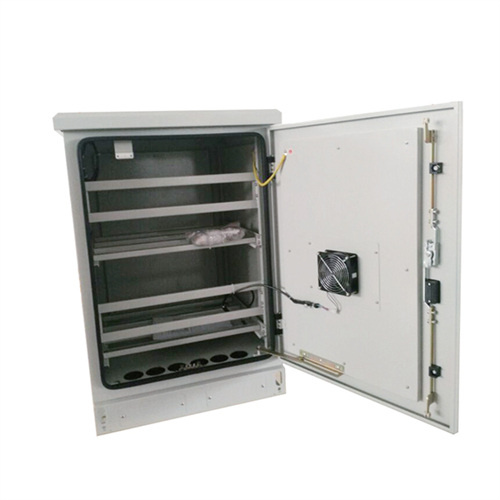Hybrid energy storage car good
Because of their higher energy efficiency, reliability, and reduced degradation, these hybrid energy storage units (HESS) have shown the potential to lower the vehicle’s total costs of ownership. For instance, the controlled aging of batteries offered by HESS can increase their economic value in second-life applications (such as grid support).
As the photovoltaic (PV) industry continues to evolve, advancements in Hybrid energy storage car good have become critical to optimizing the utilization of renewable energy sources. From innovative battery technologies to intelligent energy management systems, these solutions are transforming the way we store and distribute solar-generated electricity.
6 FAQs about [Hybrid energy storage car good ]
Which energy storage technologies are best suited for hybrid electric vehicles?
This article goes through the various energy storage technologies for hybrid electric vehicles as well as their advantages and disadvantages. It demonstrates that hybrid energy system technologies based on batteries and super capacitors are best suited for electric vehicle applications.
Can hybrid storage systems be used to power hybrid electric vehicles?
This study proposes the use and management of hybrid storage systems to power hybrid electric vehicles with the aim of reducing the negative effects of high current values on battery cycling life.
Are hybrid energy storage systems a good choice?
Results amply confirm the advantages of using hybrid energy storage systems supported by proper energy management strategies. There are significant advantages in terms of vehicle battery pack durability: capacitor modules based on LiC technology can be implemented to smooth current fluctuations and peak demands. 5. Conclusion
Why do electric vehicles need a storage system?
Consequently, this integration yields a storage system with significantly improved power and energy density, ultimately enhancing vehicle performance, fuel efficiency and extending the range in electric vehicles [68, 69].
Can EVs use hybrid energy storage systems?
Adoption of hybrid energy storage systems In order to provide high energy density for a prolonged drive range and high definite power for rapid energy exchange during acceleration and deceleration, EVs can use a hybrid power setup that combines a battery and a supercapacitor [264, 265].
What is a hybrid electric vehicle?
Hybrid electric vehicles (HEV) have efficient fuel economy and reduce the overall running cost, but the ultimate goal is to shift completely to the pure electric vehicle. Despite this, the main obstruction of HEV is energy storage capability.

